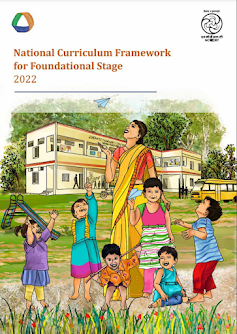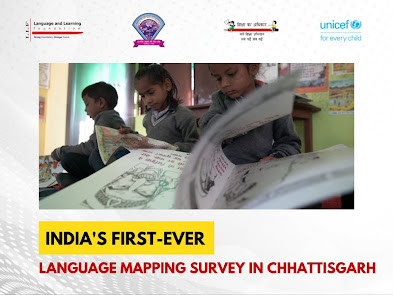Webinar Resources from Language Learning Foundation on MLE on YouTube
The Language Learning Foundation has been generous enough to share their webinar series which discusses the complexities of Multilingual Education in the Indian linguistic context in light of the National Education Policy 2020 and NIPUN Bharat guidelines. These webinars were organised during the month of August - September, 2022 and are readily available resources accessible on YouTube. The webinar links have been provided in the titles below and in the Resources section. Three webinars were organised. The first two were conducted in Hindi, and the third one in English. The links and details of each webinar are given below. The speakers’ contributions were very valuable as the speakers were experts in their fields belonging to institutions such as Harvard, NCERT, Sarva Shiksha Abhiyan, UNICEF, LLF, experienced teachers, and MLE specialists. Webinar 1: Inclusion of the Children’s Home Languages in Foundational Learning This Webinar discussed the importance of incl...



